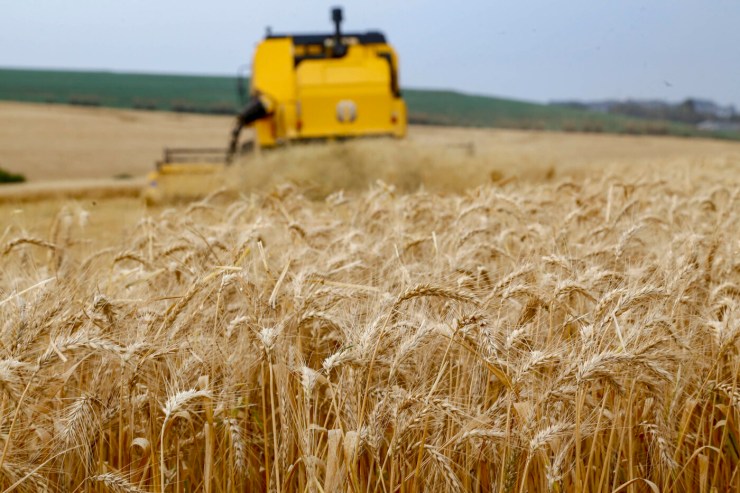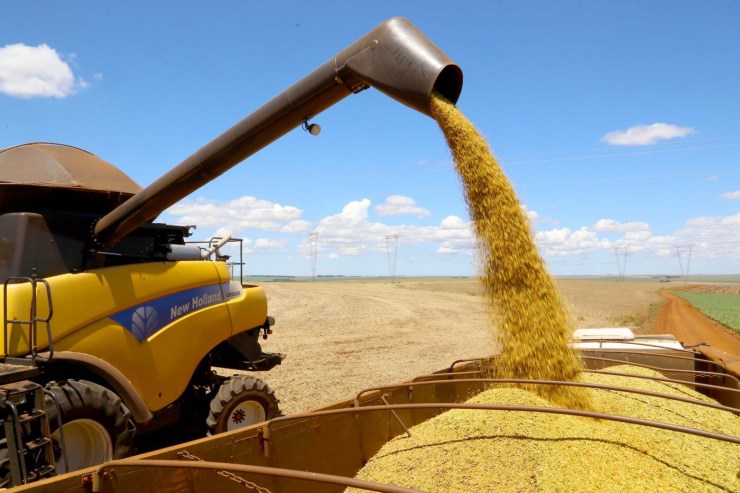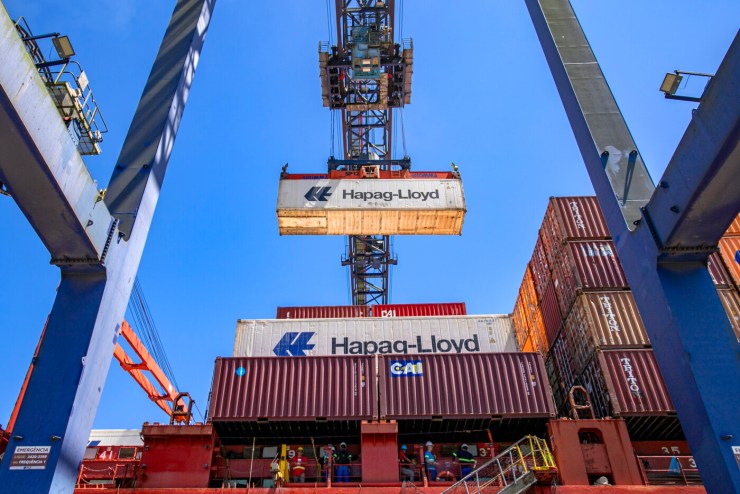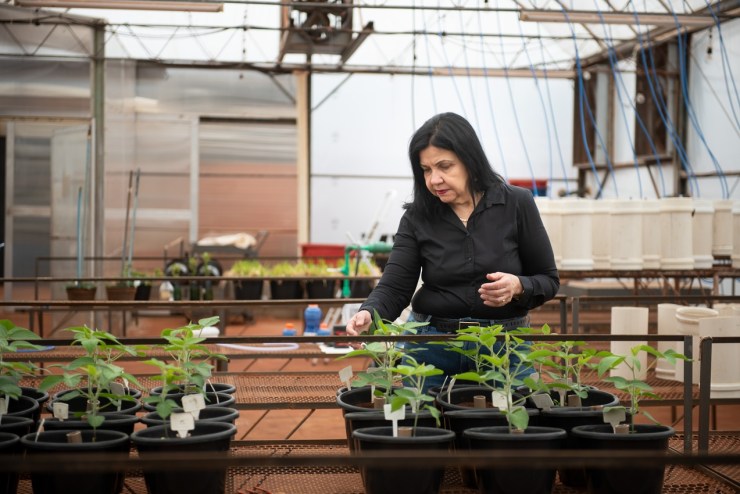The Parliamentary Front for Agriculture (FPA) held the 2025/2026 Harvest Plan Seminar on Tuesday (10) with the aim of discussing weaknesses in the current program and seeking solutions that ensure greater predictability, a greater volume of resources and more robust rural insurance in the country. The event brought together parliamentarians, agricultural leaders, risk management experts and financial market representatives to discuss concrete proposals for improving support for rural producers.
For the president of the FPA, congressman Pedro Lupion (PP-PR), this year's harvest plan is “extremely challenging” given the scenario of high production costs, rising freight rates and lack of guarantees regarding interest rate equalization. According to him, the biggest challenge is to transform the program into a state policy, free from ideological or electoral biases. “We have to treat the harvest plan as a strategic issue for the country, focused on a sector that is essential to the economy. Food inflation is not fought on the supermarket shelf or at the import port, but rather by supporting our producers. This is the time to value Brazilian agriculture,” he stated.
Lupion said he will meet with the Minister of Agriculture, Carlos Fávaro, to discuss financing for the sector and the possible taxation of instruments such as LCA and Fiagro. According to him, measures of this type discourage investment in agriculture and represent the worst possible scenario. “Ceasing to be attractive to investors is the worst possible path, which is why we need to find alternatives for financing the sector. We are moving in the opposite direction, especially when we have ministers who do not talk to Congress. We do not know what will be done in the harvest plan or where the money will come from,” he warned.
Senator Tereza Cristina (PP-MS), vice-president of the FPA in the Senate, also expressed concern about the government's lack of definition and criticized public spending. For her, there is a structural problem: the government collects a lot, but spends poorly. “I said some time ago that I would not like to be Minister of Agriculture at this time. I knew that it would be a difficult harvest plan due to fiscal disorganization. Even though it collects, the government does not prioritize the sector that drives the economy the most. We want to be partners with Minister Fávaro, but we need to deliver a plan that is compatible with the importance of agriculture,” she stated.
The vice president of the FPA in the Chamber of Deputies, Congressman Arnaldo Jardim (Cidadania-SP), defended objective measures to reduce bureaucracy and bring what is announced by the government closer to what actually reaches producers. He reinforced that the agricultural sector is not subsidized, contrary to what is often said. “What we are asking for is the result of dialogue with agricultural entities. We are not just demanding, we have been suggesting alternatives for some time so that the plan is fair to rural producers. Our sector is not subsidized as most people think and we are always fighting so that rural workers have the minimum wage to be able to work”, he explained.
Criticism of the government
During the seminar, members of parliament also criticized the federal government. Congressman Rodolfo Nogueira (PL-MS), president of the Chamber of Deputies’ Agriculture Committee (CAPADR), stated that there is an alignment between ministries against the agricultural sector. “We are concerned about rural producers. This government is persecuting the productive sector. It is difficult to be diplomatic when you observe the way the agricultural sector is treated. There is an alignment between ministries against producers,” he said.
Congressman Sérgio Souza (MDB-PR), former president of the FPA, stated that the group’s actions have been aimed more at containing setbacks than at celebrating advances. He criticized public spending and defended the productive sector. “The government spends a lot and spends poorly. It takes its hands out of the pockets of those who produce because it doesn’t know how to manage. This harms the agricultural sector and, consequently, society as a whole,” he stated.
Senator Jaime Bagattoli (PL-SC) reinforced the need for the government to recognize the strategic importance of the agricultural sector. “Brazil is facing difficulties, but the government still does not understand that agriculture is the driving force of the country. There is a lack of security for those who work and invest in the sector,” he assessed.
Rural Credit
One of the central points of the debate was the need to expand and diversify rural credit sources, with greater predictability and less risk. For Linda Murasawa, director of Fractal, the cycles of climate and economic instability compromise producers’ access to financing. “We are living in a time of extreme risks, which raise interest rates. The greater the risk, the higher the cost of credit and the greater the crop losses. This reduces the supply of insurance and may exclude producers from the financing system in the future. It is a worrying situation,” she warned.
For Octaciano Neto, rural producer and founder of Zera.ag, if there is no control over public spending, the country will have to find an increasingly difficult solution. “If Brazil spends less than it collects, we will have a chance. But if everything continues as it is, we will not have rates that can be worked on and the sector will continue to struggle with the next plans.”






